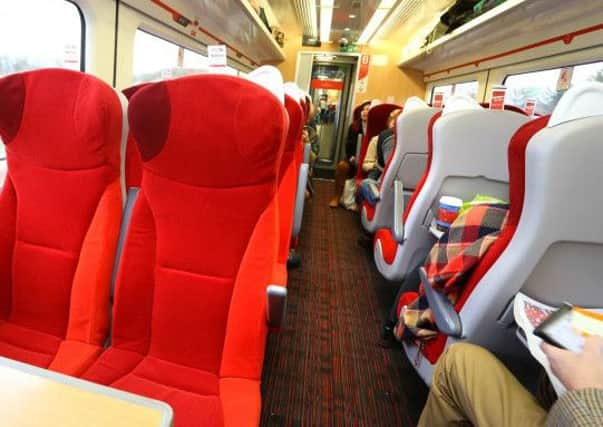YP Comment: Back to future for railways? Time to put public interest first


Even though the former British Rail is not remembered with particular fondness, there was at least some correlation between daily services and the maintenance of the actual railway infrastructure so trains could operate with a degree of reliability.
However no such continuity exists today – the improvements promised when each rail franchise is awarded are, invariably, dependent on whether a separate organisation, Network Rail, has sufficient spare capacity to accommodate extra services and whether the Department for Transport is prepared to prioritise the proposed improvements.
Advertisement
Hide AdAdvertisement
Hide AdWith passenger numbers at a record level in spite of the rail network’s management structure which is, frankly, not fit for purpose, Parliament’s Public Accounts Committee is quite right when it highlights the need for a longer-term perspective when major decisions are taken.
Many will concur this, but such an approach is not without its risks: look at the upheaval on the East Coast Main Line when the GNER and National Express franchises had to be terminated prematurely because the operators could not meet their financial undertakings. Given that the Tories will not renationalise the railways because it would represent an admission of failure, perhaps it would be help if the vacancies in the DfT’s franchising department were filled by passengers with day-to-day experience of the railways rather than management consultants. It would be a start.